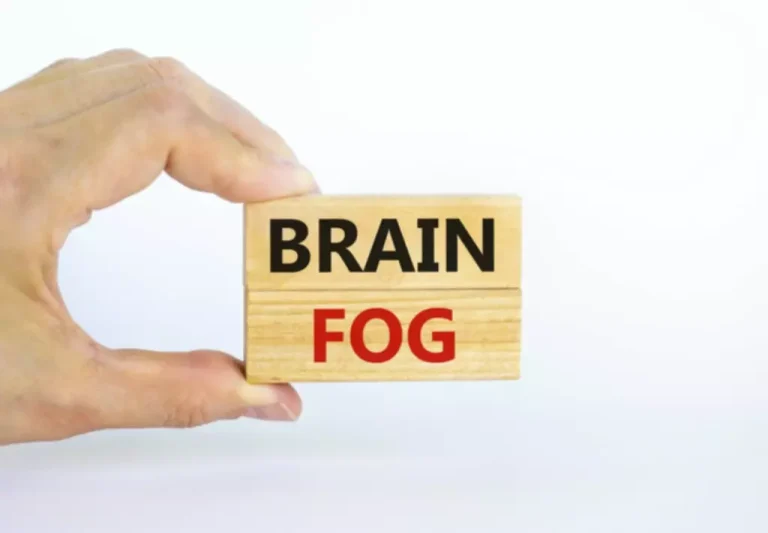Alcohol withdrawal syndrome: Symptoms, treatment, and detox time

Beta-blockers (e.g. atenolol) could be used to treat hyperarousal symptoms in patients with coronary artery disease 74. However, given their effect on tremors, tachycardia and hypertension, these drugs could mask AWS symptoms and should be considered only in conjunction with BZDs in patients with persistent hypertension or tachycardia 54. “Kindling” is represented by an increased neuronal excitability and sensitivity after repeated episodes of AWS 21, 22. “Kindling” has been proposed to explain the risk of progression of some patients from milder to more severe forms of AWS. Contact your doctor for more information about what happens to your body during alcohol withdrawal. It is useful to have an awareness of the stages of alcohol withdrawal so that you know what to expect and can better manage your symptoms.
Treating and managing alcohol withdrawal symptoms

The review suggests that benzodiazepines are the preferred drugs for alcohol detoxification and all the benzodiazepines have proved similar efficacy for detoxification. Richard Saitz suggested that Alcohol should not be used to treat withdrawal for several reasons 3. First, using alcohol as a treatment would promote its acceptability to the alcoholic. Second, alcohol has known toxic effects (e.g., impairing the function of the liver, pancreas, and bone marrow) that are not shared by the safer benzodiazepines. Third, in one clinical study, alcohol was inferior to the benzodiazepine, chlordiazepoxide 38. Alcohol withdrawal is caused by prolonged exposure to large amounts of alcohol and can therefore be prevented through abstaining from or at least strongly limiting one’s exposure to alcohol as to not develop an alcohol use disorder.
What Is Alcohol Withdrawal?
Contact your doctor for more information about ways in which you can manage the symptoms of alcohol withdrawal. When a person stops drinking alcohol after frequent or heavy use, the brain and body have to readjust to the chemical imbalances. Having a doctor monitor your symptoms can help you reduce your alcohol intake as safely as possible and lower the risk of more serious complications.
Alcohol withdrawal syndrome
If you experience multiple episodes of alcohol withdrawal, you may find that the symptoms begin to worsen each time. The likelihood of developing alcohol withdrawal increases with the amount and frequency of your alcohol intake. When you engage in chronic heavy drinking, what is alcoholism your brain adapts to the presence of alcohol in your blood to maintain homeostasis (a balanced state). As your brain grows accustomed to higher blood alcohol concentration levels, it starts to rely on alcohol to function properly. These symptoms usually begin 48 to 72 hours after you stop drinking and most commonly last 5 to 7 days.
- The evaluation consists of 11 yes or no questions that are intended to be used as an informational tool to assess the severity and probability of an AUD.
- It is critical to screen patients for their risk of alcohol withdrawal in the inpatient setting, identify patients at high risk for withdrawal states, and adequately provide appropriate medications to prevent complications, including seizure and death.
- When light